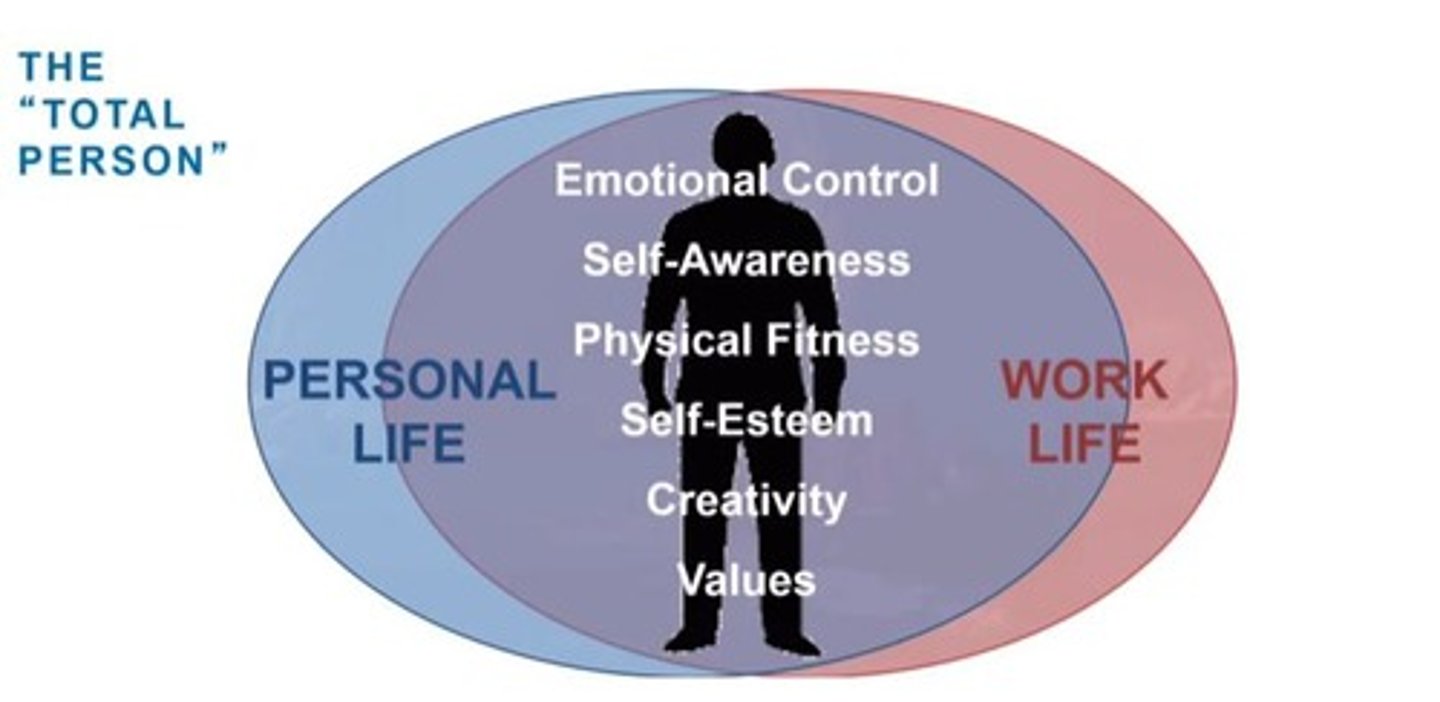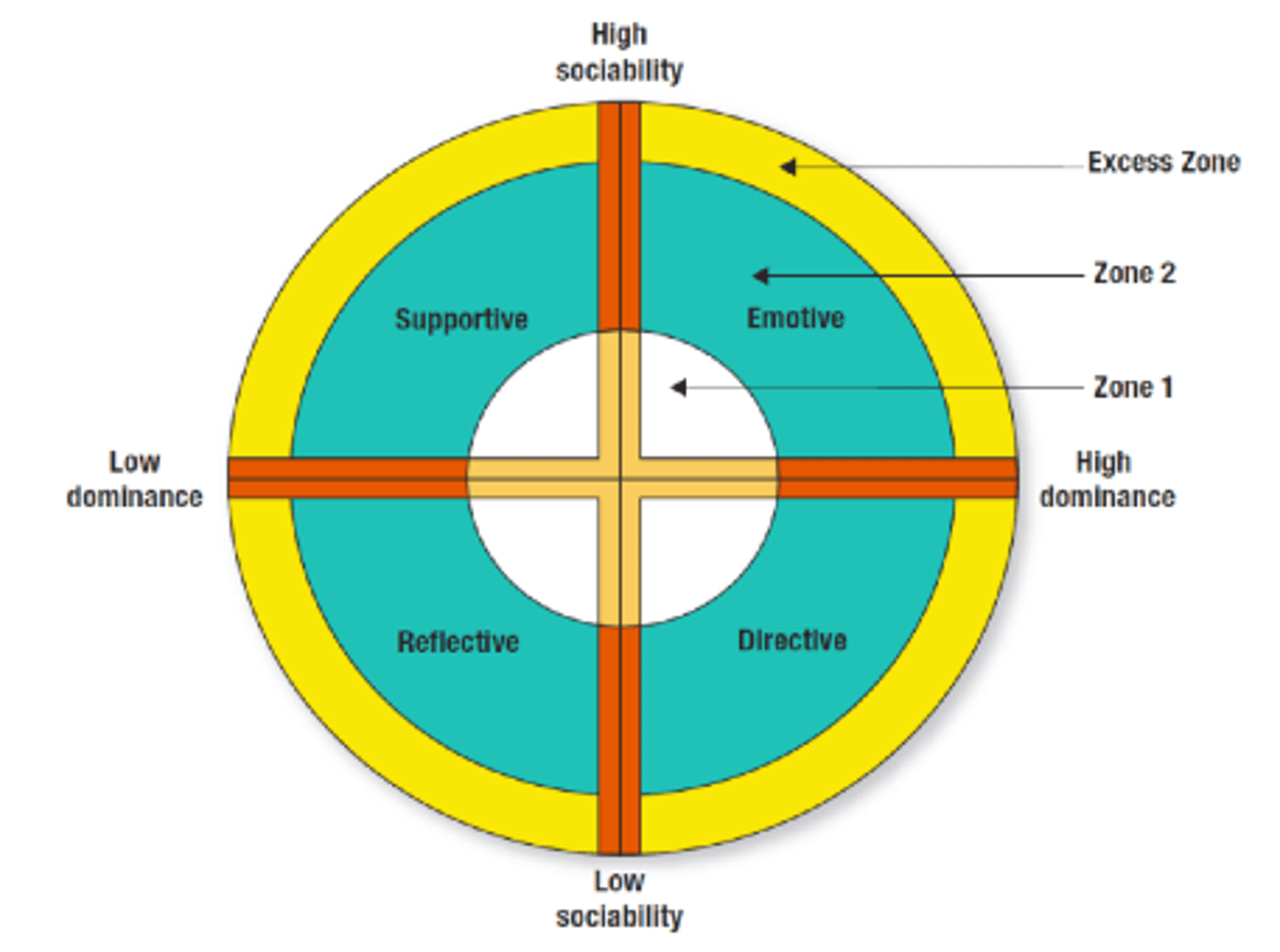Fundamental Human Interactions Chapter 1-6 Quiz Flash Cards
1/26
There's no tags or description
Looks like no tags are added yet.
Name | Mastery | Learn | Test | Matching | Spaced | Call with Kai |
|---|
No study sessions yet.
27 Terms
Psychology
Study of an individual's mind.
Sociology
How our society operates.
Anthropology
Our culture.
Total Person Theory
If you are hiring someone you are hiring all of them, focusing on multiple aspects of the person.
Impersonal Communication
One way process, limited opportunity to clarify. Ex: memos, voicemail, message boards.
Interpersonal Communication
Two way process (back and forth), feedback necessary. Ex: meetings, phone calls, classes.
Active Listening
Maintaining intense involvement and concentration on what you yourself are hearing and seeing.
Critical Listening
Listening while using critical thinking to analyze the message, content, and source.
Empathic Listening
Listening with the intent of understanding how the other person feels.
Self-Esteem
SELF-EFFICACY + SELF-RESPECT
Self-Concept
The bundle of facts, opinions, beliefs, and perceptions about yourself that are present every moment of every day. (solidifies during adulthood)
Low Self-Esteem
Maintain an external locus of control, believe they have little control of events.
High Self-Esteem
Maintain an internal locus of control, believe they control their lives.
Moral Intelligence
The ability to determine how human principles should be applied to personal goals, values, and actions. (responsibility, compassion, forgiveness, and humility)
Character
Your personal standards of behavior including honesty, integrity, and moral strength.
Integrity
Character that is exhibited when what you know, say, and do are congruent. (Being honest)
Values
Personal beliefs and preferences that influence one's behavior.
Core Values
Values that you consistently rank highest and that guide your intermediate and long-term goals. (guide you throughout life)
Attitudes
Thoughts, accepted as true, that lead one to think, feel, or act positively or negatively toward a person, idea, or event.
Cognitive Component of Attitudes
Set of beliefs about the object (attitudes about smoking have been changed by accurate information about the risks)
Emotional or Affective Component of Attitudes
Feelings about the object. (we are more likely to donate if we are in a good mood or have good feelings about a cause)
Behavioral Component of Attitudes
The way one acts toward the object. (when our thoughts and feelings translate into action)
Empathizers
Can imagine themselves in another person's position and understand his or her feelings.
Socialization
People integrating into a society by exposure to actions and opinions of others.
Positive Attitudes
Choosing happiness, embracing optimism, thinking for yourself, keeping an open mind.
The "Total person" diagram

4 Communication styles Diagram
